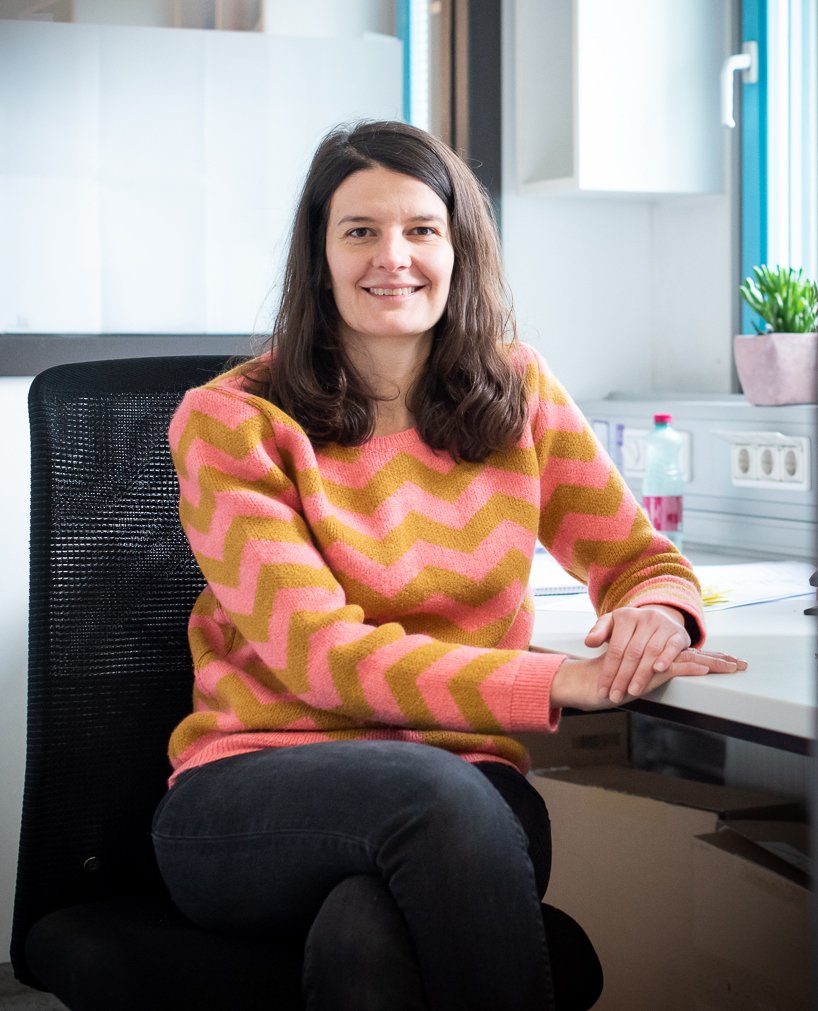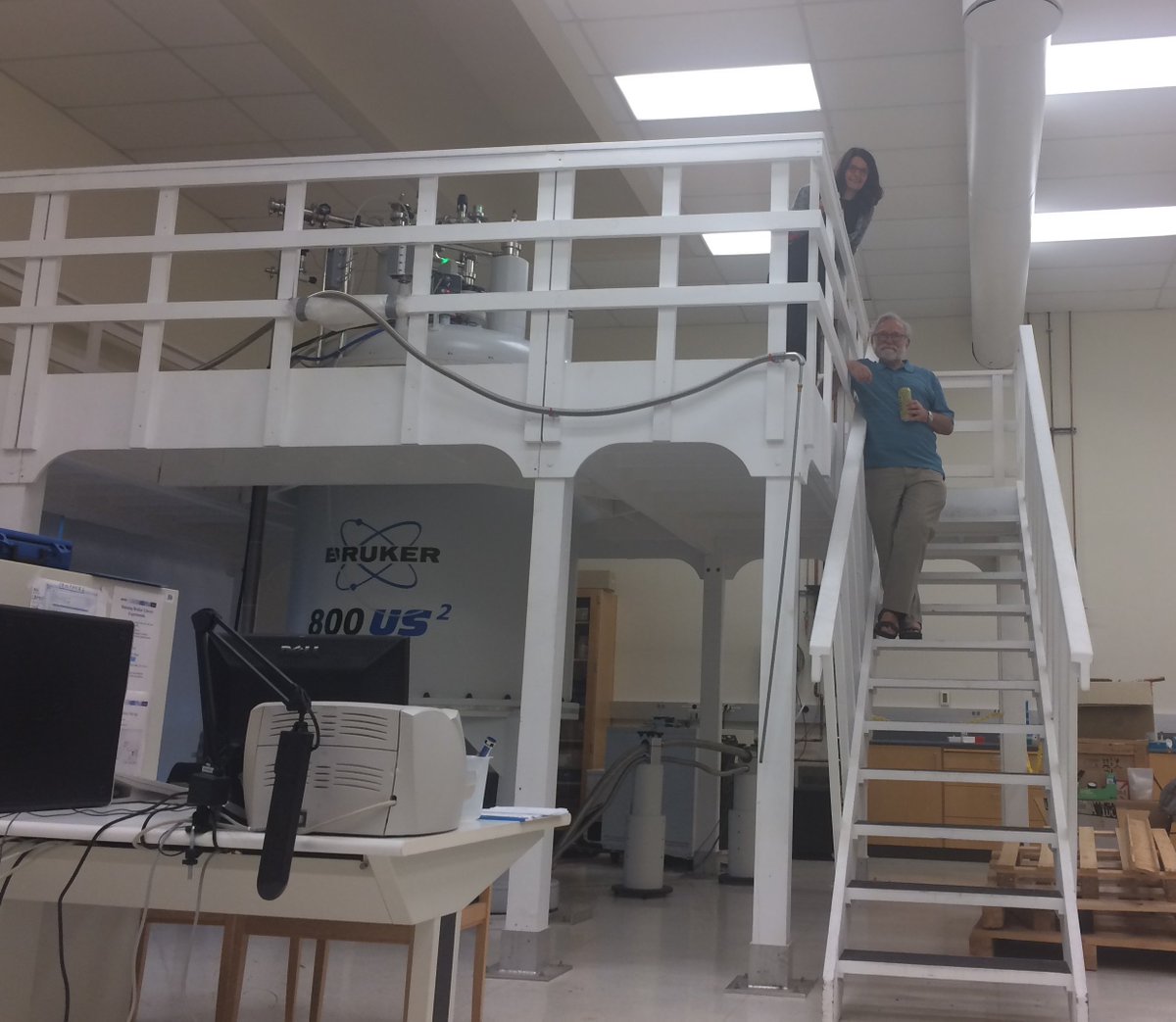yenisafak.com/en/columns/ibr…
“A vibrant democracy…an example of reform in the region….” —Foreign Policy, May 26, 2011
“A vibrant democracy…led by Islam’s equivalent to the Christian Democrats….” —Financial Times, September 15, 2011
“A template that effectively integrates Islam, democracy and vibrant economics….” — New York Times, February 5, 2011
The AKP early on grasped the jargon of structural reform and the hypnotic power it had over the international finance community.
POWER was the end.
Nothing can be said to be “going so well” when a government is holding massive show trials. These trials could have been sound; the sinister events to which they were a response really happened;
That the United States failed to express displeasure about this was particularly bizarre given that many of those arrested were senior figures (to be cont.)
To be so misinformed is dangerous. Still, why would he have thought otherwise? He reads the same papers we all do. Thus Reuters from June 10, 2011:
These news outlets were literally parroting the language the AKP used about itself.
But the Ottoman Empire to which they are appealing exists in their fantasies. They do not, in fact, know much about the real Ottoman Empire. Nor do they possess the Ottomans’ knowledge
There are certain figures, like Karagul, whose success can't be ignored: It is a sign of profound rot, of profound stupidity, that has entered public discouse.
And Erdogan and Trump, of course, are bog-level authoritarians, who may be expected to behave as these figures always do.
But I couldn't have more deeply misunderstood my own country had I tried.
And with every day Trump stays in the White House, we'll become more like that.
That's all.




